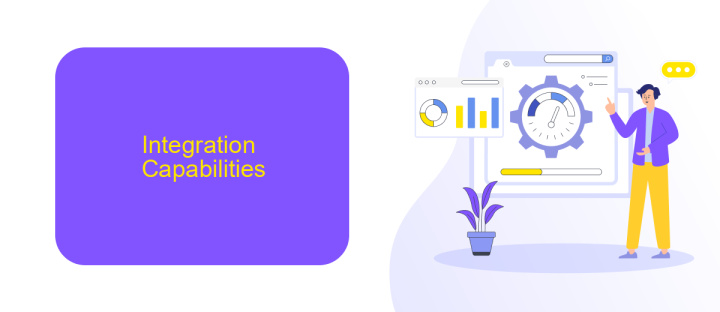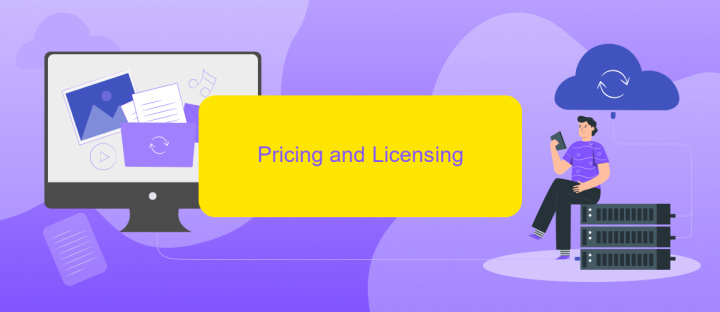Tibco Vs Dell Boomi
When it comes to integrating diverse systems and applications, businesses often find themselves choosing between powerful tools like Tibco and Dell Boomi. Both platforms offer robust solutions for data integration, workflow automation, and real-time analytics. This article delves into a comparative analysis of Tibco and Dell Boomi, examining their features, benefits, and ideal use cases to help you make an informed decision.
Market Overview
The integration platform as a service (iPaaS) market is experiencing rapid growth, driven by the increasing need for seamless data integration across diverse applications and systems. TIBCO and Dell Boomi are two prominent players in this space, each offering robust solutions to meet the integration needs of modern enterprises.
- TIBCO: Known for its powerful data analytics and integration capabilities, TIBCO provides a comprehensive suite of tools for real-time data processing and connectivity.
- Dell Boomi: Renowned for its ease of use and cloud-native architecture, Dell Boomi simplifies the integration process with a low-code platform that accelerates digital transformation.
- ApiX-Drive: A versatile service that facilitates the automation of workflows and integration of various applications, making it easier for businesses to manage their data efficiently.
As organizations continue to adopt cloud technologies and digital solutions, the demand for efficient integration platforms like TIBCO, Dell Boomi, and ApiX-Drive is expected to rise. These platforms not only streamline business processes but also enhance operational efficiency and data accuracy, making them indispensable in today's interconnected digital landscape.
Integration Capabilities

When comparing Tibco and Dell Boomi in terms of integration capabilities, both platforms offer robust solutions for connecting disparate systems and automating workflows. Tibco excels with its comprehensive suite of integration tools, including Tibco Cloud Integration, which supports a wide range of protocols and connectors. This allows enterprises to seamlessly integrate on-premise and cloud applications, ensuring data consistency and operational efficiency. Additionally, Tibco's strong focus on real-time data processing and analytics makes it a preferred choice for businesses requiring immediate insights from their integrated systems.
On the other hand, Dell Boomi is renowned for its user-friendly interface and low-code development environment, making it accessible for both technical and non-technical users. Boomi's extensive library of pre-built connectors and templates accelerates the integration process, reducing the time and effort needed to connect various applications. Furthermore, Dell Boomi offers API management capabilities, which enhance the flexibility and scalability of integrations. For businesses looking for a more streamlined and intuitive integration experience, services like ApiX-Drive can complement these platforms by providing additional tools to automate and manage integrations with ease.
Pricing and Licensing

When comparing the pricing and licensing models of Tibco and Dell Boomi, it's essential to consider the specific needs of your organization. Both platforms offer flexible pricing plans, but they differ in structure and scalability.
- Tibco: Tibco typically offers a subscription-based model, with pricing tiers based on the number of users, data volume, and specific features required. Custom pricing is also available for enterprises with unique needs.
- Dell Boomi: Dell Boomi employs a usage-based pricing model, which means costs can vary depending on the number of integrations, data processed, and additional services. They also offer a free trial for new users to explore the platform's capabilities.
For organizations looking to streamline their integration processes, services like ApiX-Drive can be invaluable. ApiX-Drive provides an easy-to-use interface for setting up integrations without extensive technical knowledge, complementing the capabilities of both Tibco and Dell Boomi. This can be particularly useful for small to medium-sized businesses aiming to optimize their workflows efficiently.
Customer Support

When it comes to customer support, both Tibco and Dell Boomi offer robust services to ensure smooth operations for their users. Tibco provides a comprehensive support system that includes a dedicated customer portal, extensive documentation, and a range of support packages tailored to different business needs.
Dell Boomi, on the other hand, emphasizes a customer-centric approach with 24/7 support and a global network of experts ready to assist. Their support services include real-time chat, phone support, and a knowledge base filled with guides and best practices.
- 24/7 customer support
- Dedicated customer portals
- Extensive documentation and knowledge bases
- Real-time chat and phone support
For those looking to streamline their integration processes, services like ApiX-Drive can be invaluable. ApiX-Drive offers automated integration solutions that simplify the connection between various platforms, reducing the need for extensive customer support and allowing businesses to focus on growth and efficiency.
Conclusion
In conclusion, both Tibco and Dell Boomi offer robust integration solutions tailored to different business needs. Tibco stands out with its comprehensive suite designed for complex, large-scale integrations, making it ideal for enterprises that require high customization and scalability. On the other hand, Dell Boomi excels in providing a user-friendly, cloud-based platform that simplifies the integration process, making it suitable for small to medium-sized businesses looking for quick and efficient deployment.
When choosing between these two platforms, consider your organization's specific requirements, such as the complexity of integrations, budget constraints, and the need for scalability. Additionally, services like ApiX-Drive can further streamline the integration process by offering pre-built connectors and automation tools, ensuring seamless connectivity between various applications. Ultimately, the right choice will depend on your business goals and the level of flexibility and support you need to achieve them.
FAQ
What are the main differences between Tibco and Dell Boomi?
Which platform is more suitable for small to medium-sized businesses?
Can both platforms handle real-time data integration?
How do these platforms support API management?
What options are available for implementing and automating integrations with these platforms?
Do you want to achieve your goals in business, career and life faster and better? Do it with ApiX-Drive – a tool that will remove a significant part of the routine from workflows and free up additional time to achieve your goals. Test the capabilities of Apix-Drive for free – see for yourself the effectiveness of the tool.

